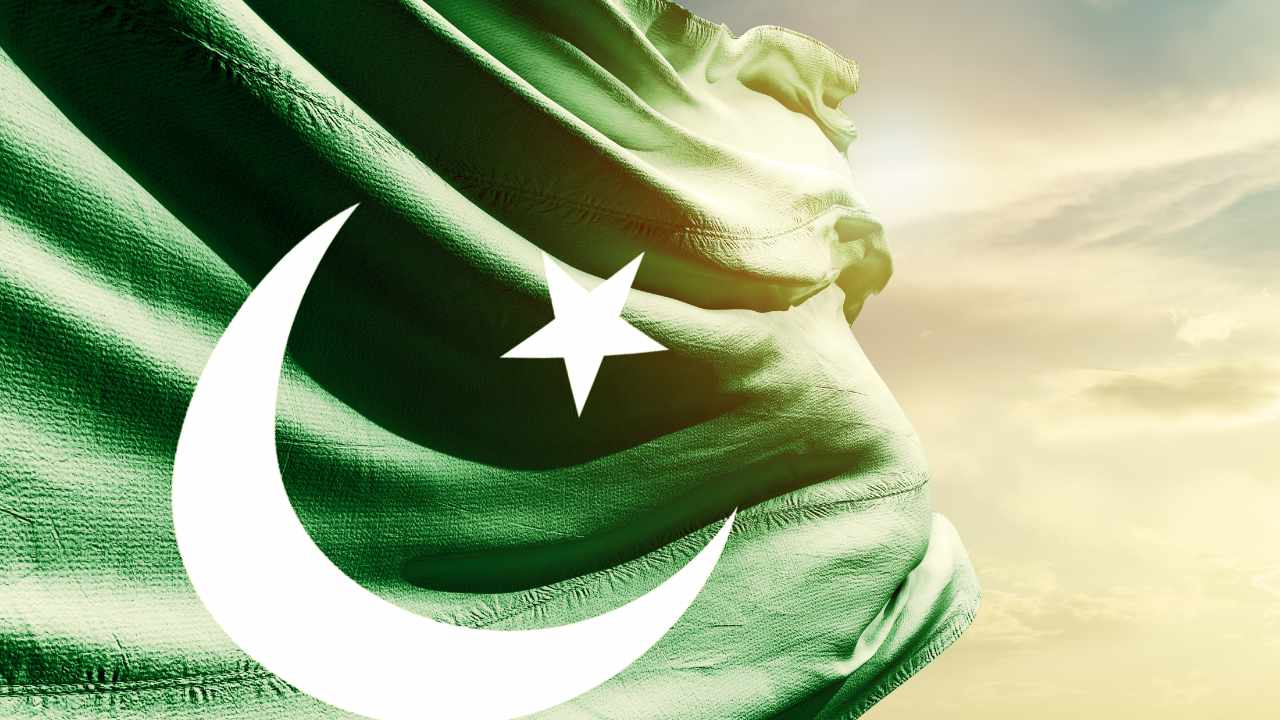India signals potential veto on Pakistan’s BRICS membership bid

India has recently articulated its stance regarding Pakistan’s aspiration to join the BRICS (Brazil, Russia, India, China, South Africa) alliance. Arindam Bagchi, the spokesperson for India’s Ministry of External Affairs (MEA), addressed this topic during a press conference. While responding to queries about Pakistan’s intent to join BRICS, Bagchi’s statements suggested that India might exercise its veto power against Pakistan’s induction into the alliance. This development is noteworthy, considering the longstanding strained relations between the two neighboring countries.
BRICS membership: A consensus approach
The process of induction into the BRICS alliance is guided by a consensus among existing members. Bagchi emphasized this point, stating that all decisions within BRICS are made based on consensus. His remarks implied that every member nation, including India, would have a significant say in the induction of new members. This protocol will be pivotal in determining the outcome of Pakistan’s application to join the group. The backdrop of India and Pakistan’s historic rivalry, marked by decades of diplomatic tension, adds complexity to this situation.
Challenges on Pakistan’s path to BRICS
Pakistan’s endeavor to join BRICS faces considerable challenges. While the country has sought support from China and Russia for its induction in 2024, the path is fraught with obstacles. The intricacies of BRICS membership, involving various principles, norms, criteria, and procedures, set a high bar for any new entrant. These factors, coupled with the existing geopolitical dynamics, particularly India’s potential veto, signify that Pakistan’s journey to BRICS membership will be far from straightforward.
Overall, India’s recent statements on Pakistan’s bid to join BRICS have brought to light the complexities of expanding the alliance. The emphasis on a consensus-driven approach within BRICS highlights the critical role of existing members, including India, in the decision-making process. As the situation unfolds, the international community will closely monitor how these diplomatic dynamics play out, especially in the context of the long-standing India-Pakistan rivalry.
Read More

Bitcoin Reserve Chaos: Pakistan’s Big Reveal Crushed by Own Government
India signals potential veto on Pakistan’s BRICS membership bid

India has recently articulated its stance regarding Pakistan’s aspiration to join the BRICS (Brazil, Russia, India, China, South Africa) alliance. Arindam Bagchi, the spokesperson for India’s Ministry of External Affairs (MEA), addressed this topic during a press conference. While responding to queries about Pakistan’s intent to join BRICS, Bagchi’s statements suggested that India might exercise its veto power against Pakistan’s induction into the alliance. This development is noteworthy, considering the longstanding strained relations between the two neighboring countries.
BRICS membership: A consensus approach
The process of induction into the BRICS alliance is guided by a consensus among existing members. Bagchi emphasized this point, stating that all decisions within BRICS are made based on consensus. His remarks implied that every member nation, including India, would have a significant say in the induction of new members. This protocol will be pivotal in determining the outcome of Pakistan’s application to join the group. The backdrop of India and Pakistan’s historic rivalry, marked by decades of diplomatic tension, adds complexity to this situation.
Challenges on Pakistan’s path to BRICS
Pakistan’s endeavor to join BRICS faces considerable challenges. While the country has sought support from China and Russia for its induction in 2024, the path is fraught with obstacles. The intricacies of BRICS membership, involving various principles, norms, criteria, and procedures, set a high bar for any new entrant. These factors, coupled with the existing geopolitical dynamics, particularly India’s potential veto, signify that Pakistan’s journey to BRICS membership will be far from straightforward.
Overall, India’s recent statements on Pakistan’s bid to join BRICS have brought to light the complexities of expanding the alliance. The emphasis on a consensus-driven approach within BRICS highlights the critical role of existing members, including India, in the decision-making process. As the situation unfolds, the international community will closely monitor how these diplomatic dynamics play out, especially in the context of the long-standing India-Pakistan rivalry.
Read More

